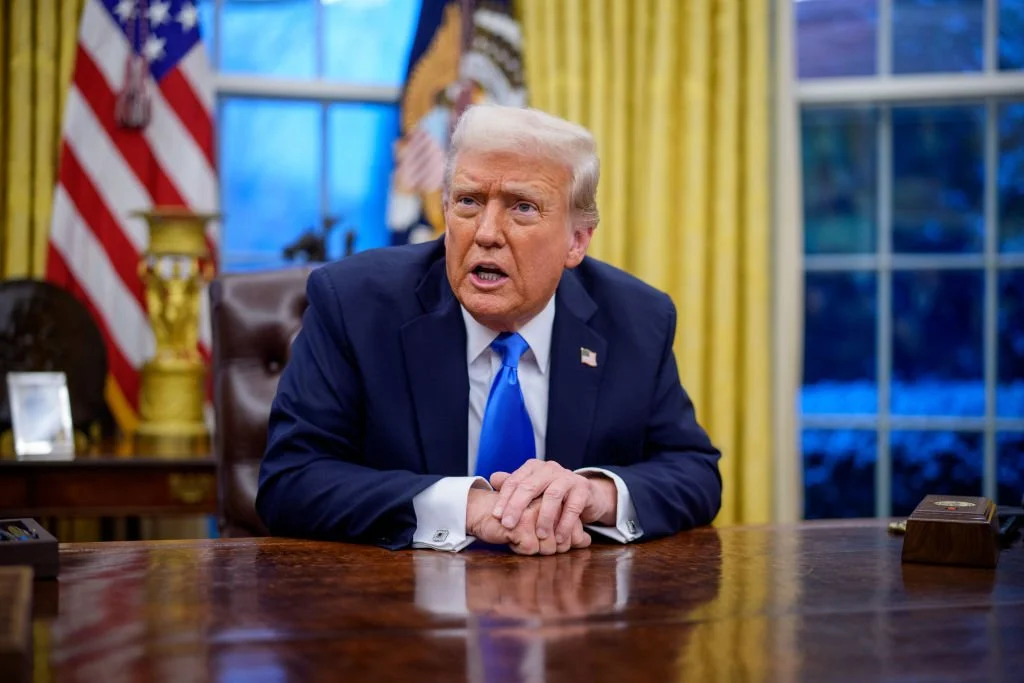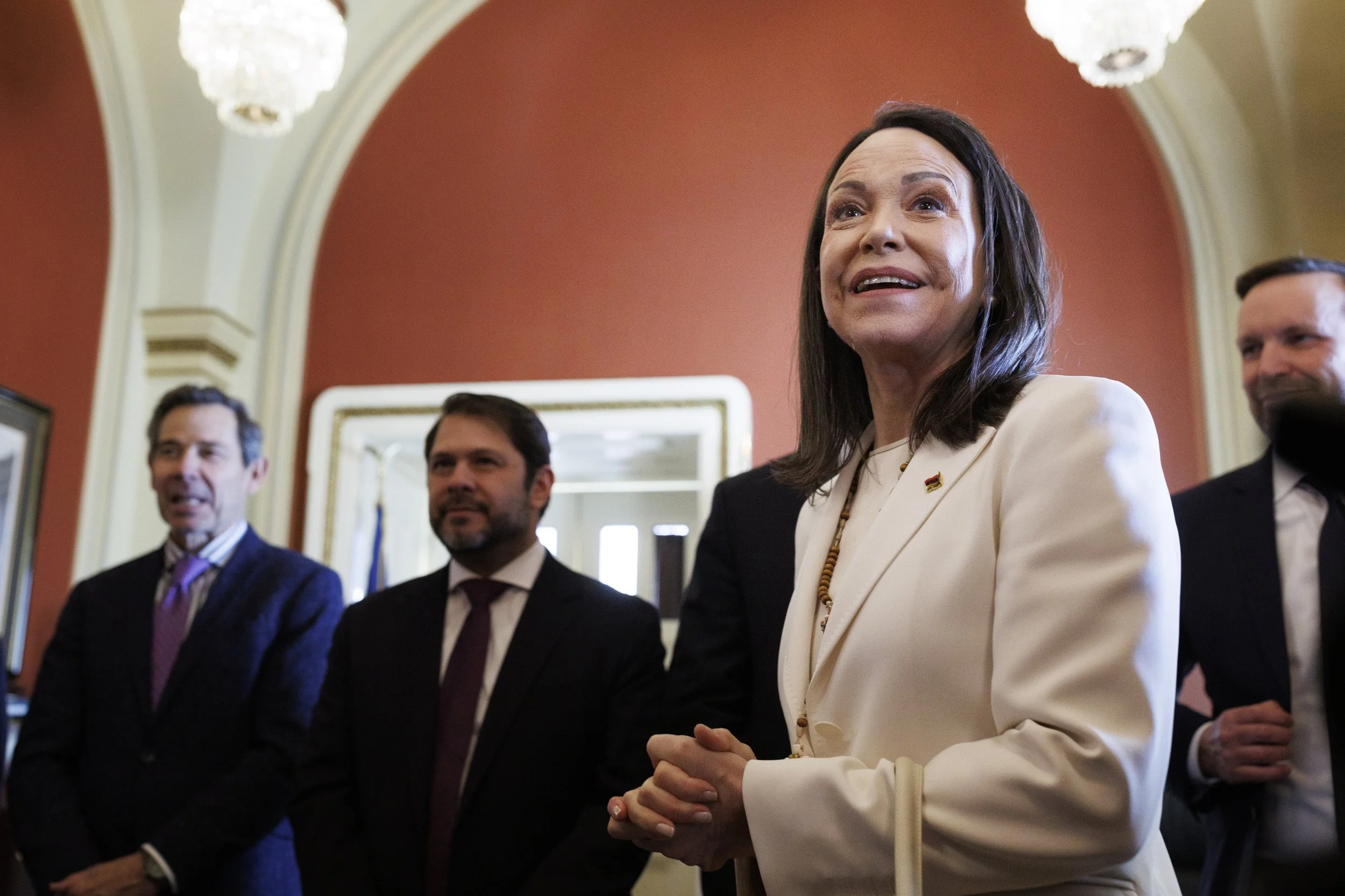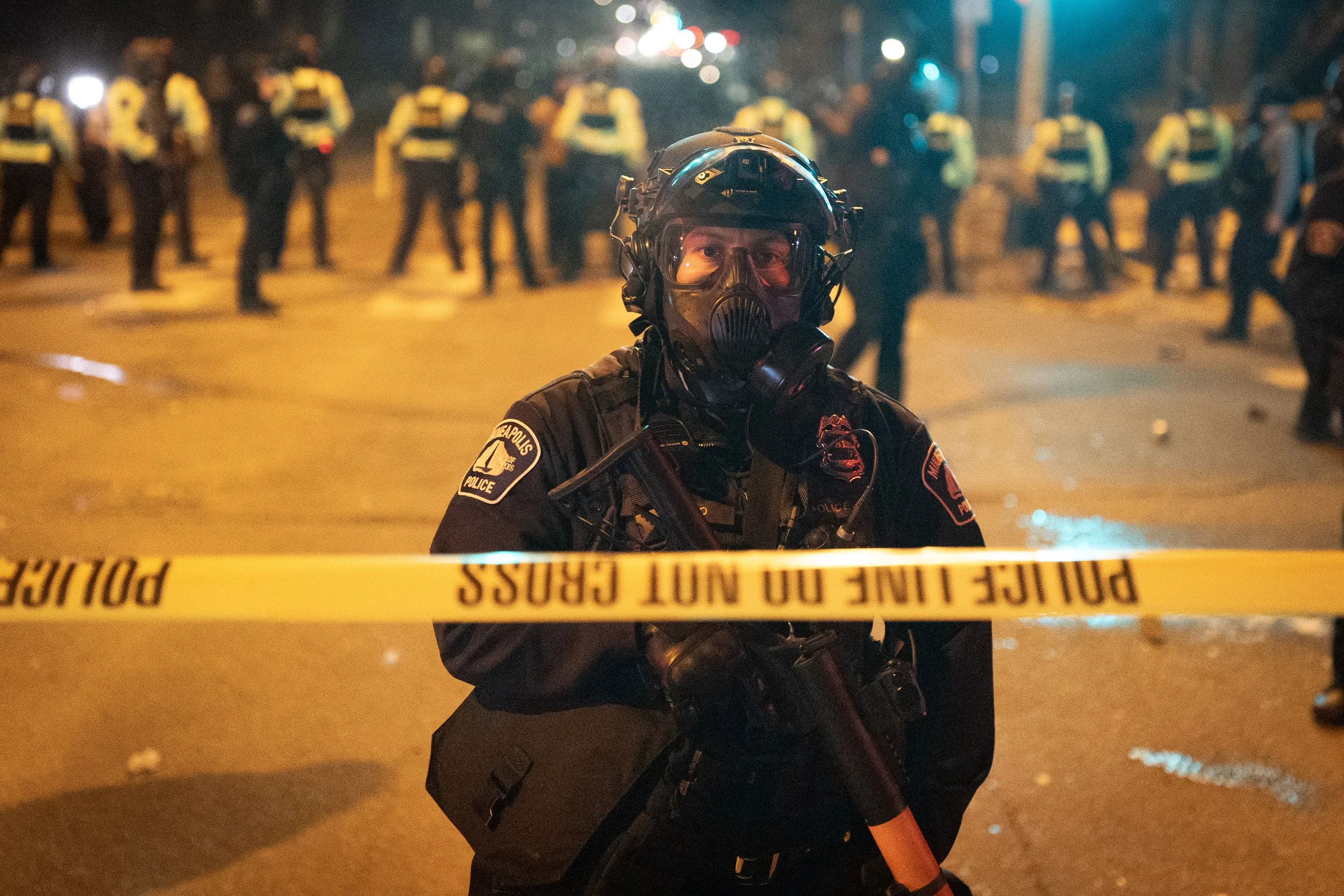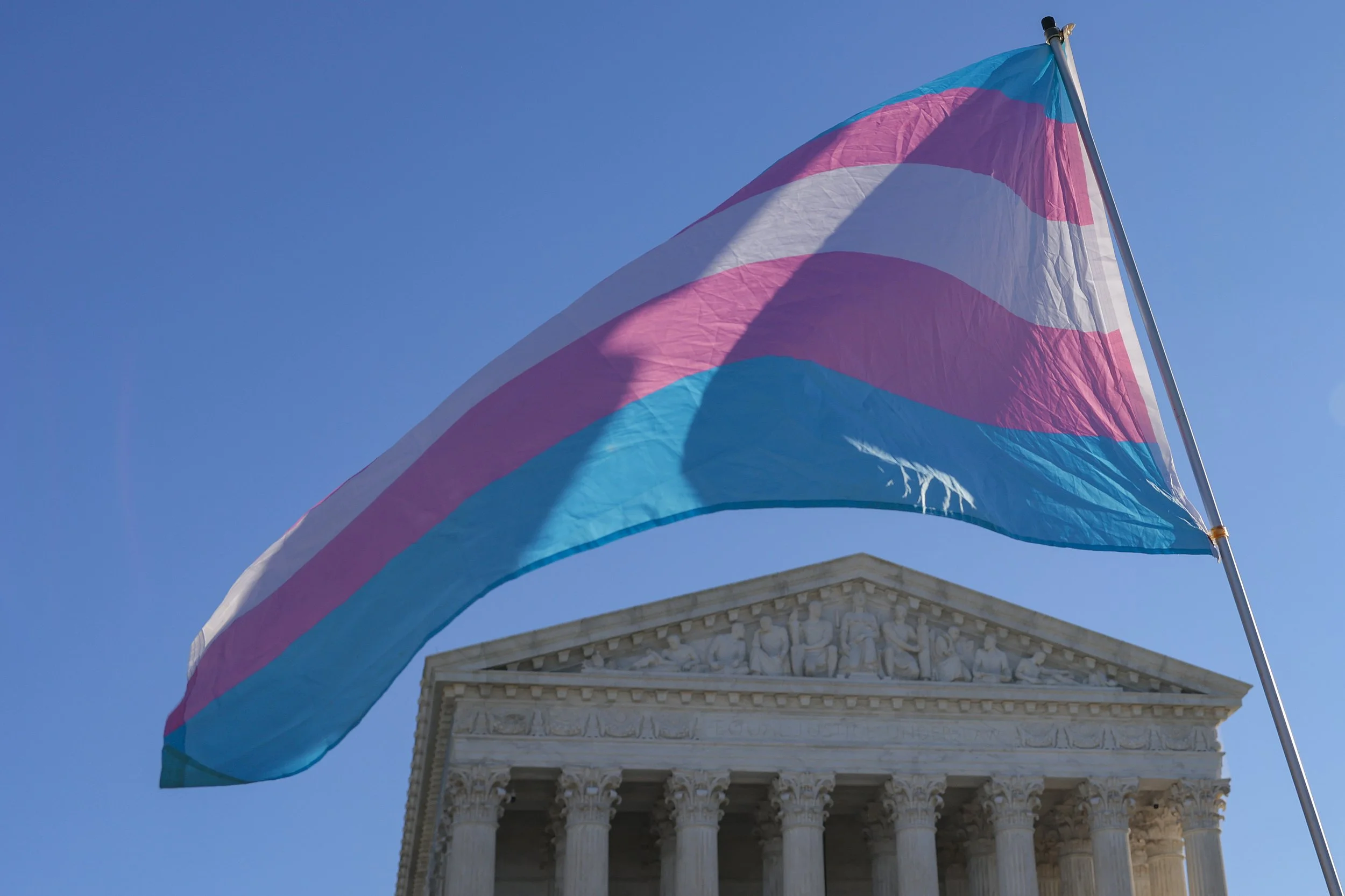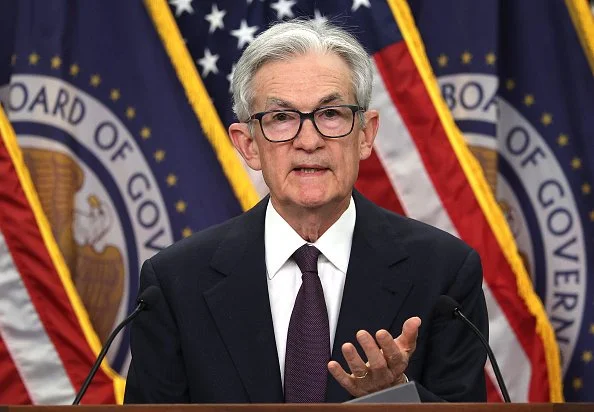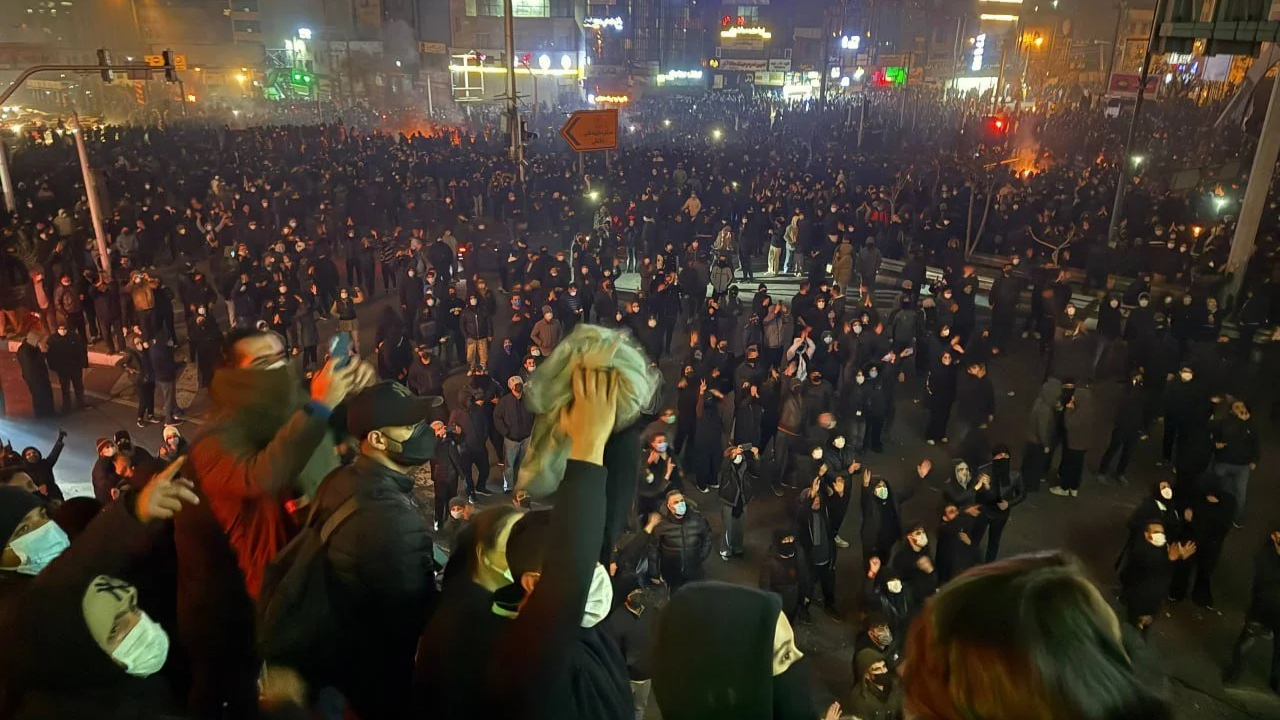Senate In Final Stages Of Passing Bill To Rescind $9 Billion In NPR/PBS & Foreign Aid Funding As House Faces Friday Deadline
House Republicans have until the end of the week to rescind $9 billion in previously allocated funds — $8 billion for foreign aid and about $1 billion for PBS and NPR — or the government must spend the funds as originally appropriated.
The Senate advanced the measure, which President Trump requested, Tuesday evening in a 51–50 vote. Vice President J.D. Vance broke the tie after Sens. Susan Collins (R-ME), Lisa Murkowski (R-AK), and Mitch McConnell (R-KY) joined Democrats in opposing the move. It still needs to be voted on in the chamber to move to the House.
Murkowski criticized lawmakers for supporting White House-dictated spending priorities without enough detail. She raised concerns, along with Sen. Collins, over the cuts to public broadcasting.
Many GOP lawmakers are framing it as a way to combat the growing U.S. debt.
“When you've got a $36 trillion debt, we have to do something to get spending under control,” Senate Majority Leader John Thune (SD) said.
Democrats aren’t having it. Senator Patty Murray (D-WA) and others pointed to the more than $3 trillion the recently passed “Big, Beautiful” tax and spending bill is expected to add to the national debt in the next decade.
“Now, Republicans are pretending they are concerned about the debt. So concerned that they need to shut down local radio stations. So concerned they are going to cut off Sesame Street,” she said.
The House approved the package last month. But House members would need to re-vote following changes to the bill in the Senate — including the anticipated removal of $400 million in proposed cuts to the global HIV/AIDS relief program PEPFAR.
The move shows just how much power the executive branch has over federal spending, technically the job of Congress. Bill Clinton was the last president to submit a rescissions bill to pull approved funds.
INSIDE THE CUTS
The Corporation for Public Broadcasting funds more than 1,500 public television and radio stations across the country, including NPR and PBS. Most public media budgets come from donations and corporate sponsors, while federal funding contributes about 8% of the average public radio station’s budget and roughly 17% for public television. Still, the more than $1 billion in proposed cuts is expected to impact smaller stations.
Critics, including Trump, argue that these outlets have a liberal bias and should not receive federal support.
The bulk of the funding rollback, $8 billion, comes from foreign aid, which the Trump administration has targeted for not aligning with national interests and being overly expensive. The U.S. spent about ten times that in 2023 on foreign aid — about 1% of the U.S. budget. One of the programs in Trump’s crosshairs is the U.S. Agency for International Development (USAID), which already is preparing to fire nearly all of its staff by September 2 as it winds down operations.
USAID purchased more than 1 million metric tons of food from U.S. farmers in fiscal year 2023. This week, nearly 500 metric tons of emergency food aid expired (after long delays in distributing it) and will be destroyed within weeks, according to current and former government employees who spoke to The Atlantic.
Rep. Rosa DeLauro (D-CT) called the spoiled aid “indefensible,” saying Wednesday there’s “no greater example of waste” than letting lifesaving supplies expire before delivery. Last week, Senate Democrats introduced a bill to prevent the destruction and waste of foreign aid.




